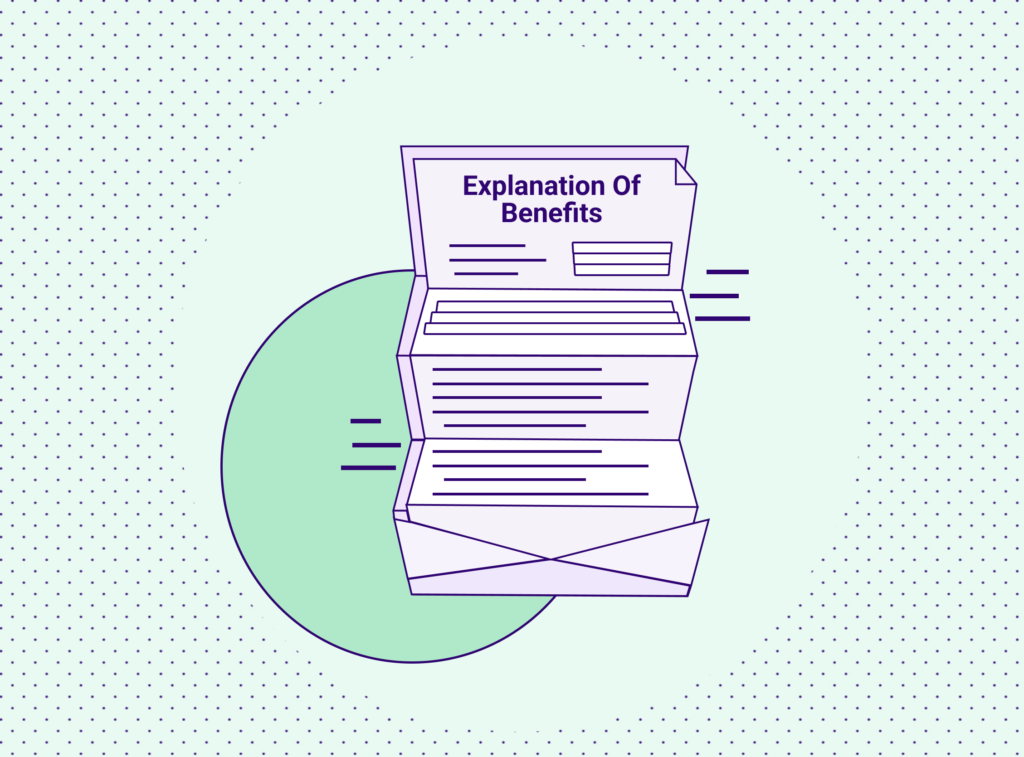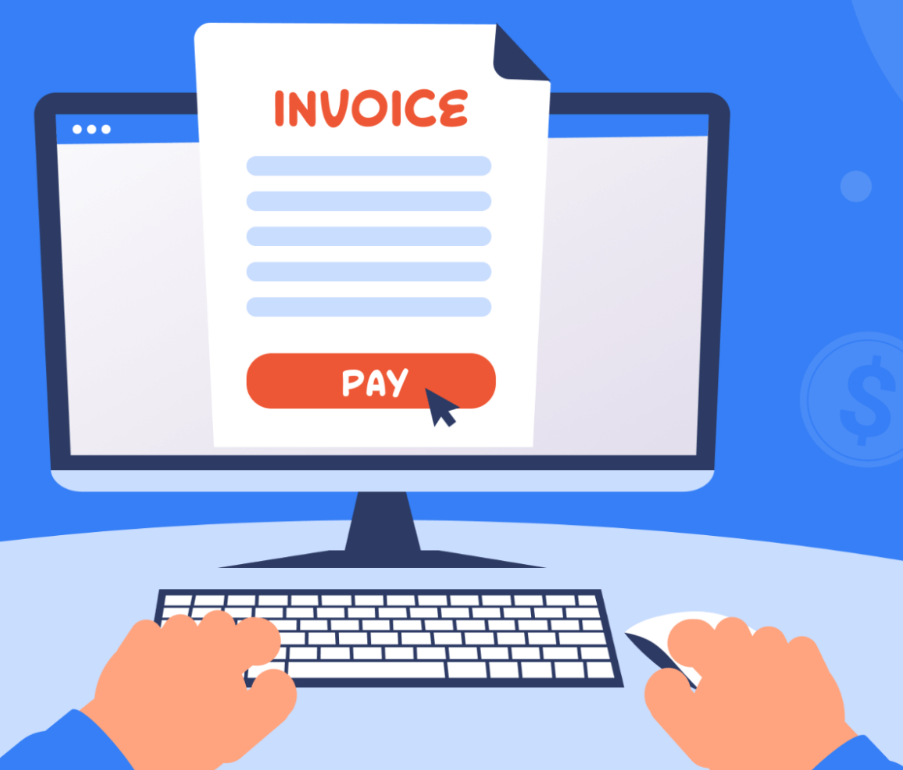As an American, you may be in the grey area at first, but with time, you will see reasons to get educated on the tips for staying organized and efficient in medical billing.
A 2019 research gathered that 41% are either struggling to pay medical debts or experiencing medical bill issues. This is a worse statistic than the 2005 studies, which maintained the case at 34%. There is no improvement in this sense.
Another report in the same year (2019) claimed that by 2020, the number of patients failing to balance their medical service bills would reach 95%.
Certain things are being done wrongly. But who should be blamed? Any debate on this question will most likely be concluded that both healthcare providers and patients have a role to play on your part as a doctor (or patient, you should learn to stay organized and efficient in medical billing.
Dodging those awful experiences you might have had with medical billings should not get you thinking again. By the way, it is the purpose for which this article has come to meet. We admit that both terms may be synonymous, but for clarity purposes, staying organized and staying efficient will be examined severally in the succeeding paragraphs. Let’s get started!
Top 5 Best Tips For Staying Organized In Medical Billing

img source: demigos.com
If you would like to go some steps farther from what seems like the tradition – these tips can help you stay organized in medical billing:
1. Identifying And Discerning Between Messages
You might expect to get several different pieces of information in the mail. If you have a specific interest in medical billing, then organizing paperwork is required.
However, since no automation is involved, you will need to read your bill to ensure the information you provide is careful. Keep them aside if you find it is a communication regarding your medical bill or an explanation of benefits.
This first step in staying organized is crucial because it keeps everything related to your medical bills together.
An added benefit of examining each bill you receive is getting in touch with whoever you need to reach out to, perhaps for further inquiries.
2. Separate Bills From EOBs

img source: rivethealth.com
The information on your medical bills differs from what you get to see on the explanation of benefits (EOB) sent to you, so you don’t want to keep them together.
The difference between an EOB and a bill may be unclear, mainly when the EOB entails statements like ‘Amount you Owe.’ The presence/absence of the tear-off portion and return envelope should tell you whether you’re holding a bill or EOB. The former usually has these two things.
After setting the bills and EOBs from the messages you received, ensure both bills and EOBs are gathered separately.
This could mean having a separate stack for each insurance provider, hospital, or doctor. The central aim of this point is to help keep all medical bills in smaller units.
3. Match Bills And Eobs Properly
Finding the date on your bill and matching EOBs with dates that are relevant to each other is a vital step in maintaining organization regarding medical billing.
When you locate bills and EOBs that were issued on the same day, you may easily arrange them together by stapling them or putting them in an envelope; this will make it very easy to obtain a bill, and any explanations may have.
4. Determine The Insurance Provider’s Response
At this point, you want to know if your claim or request was denied, unprocessed, approved, or rejected. You should know the response of your insurance provider to have a good collection of your bills and EOBs.
Bills that have been paid should go to one folder on the accordion, while those unpaid should go to another folder. Apply the same thing to the bills partially and completely balanced. The game is yours, you can label the folder for ease of information retrieval.
ATTENTION: If your bill was left unpaid, do not hesitate to reach out to your insurance provider not more than 30 days after the response gets to you.
5. Mastering Medical Bills: A Guide to Effective Management
One surefire way to manage your medical bills is through meticulous organization and a keen eye for detail. By regularly scrutinizing and questioning the charges, you can detect and correct billing errors like double charges or incorrect coding, potentially slashing your healthcare costs. An organized, proactive approach can also pave the way for discussions with your healthcare provider about possible discounts or budget-friendly payment plans, especially beneficial for uninsured or underinsured individuals.
Optimizing Insurance Through Informed Decisions
Being well-acquainted with your insurance coverage can be instrumental in decision-making related to medical procedures and treatments. Knowledge about co-pays, deductibles, and in-network providers aids in choosing cost-effective services in line with your coverage, thereby avoiding unexpected expenses and allowing better planning for medical costs.
Leveraging FSAs and HSAs for Savings
Structured medical billing records can aid in making the most of Flexible Spending Accounts (FSAs) and Health Savings Accounts (HSAs). By systematically logging healthcare costs, accurate claims for reimbursements can be made from these accounts, which use pre-tax dollars, thus lowering taxable income and providing additional savings.
Seeking Financial Assistance
Organized billing information also simplifies the process of finding and applying for financial aid, a lifeline for those with financial constraints. Numerous hospitals and charitable organizations offer assistance to low-income individuals, and organized records can expedite the process of identifying and utilizing these resources and help you reduce medical bills.
Top 6 Tips For Staying Efficient In Medical Billing

img source: nurse.org
Based upon several searches and studies from various relevant sources, we gathered that the following tips can help you stay efficient in medical billing.
1. Managing Claim Submission
If you find problems with a previously filed claim, it is not time to sit back. Find out the exact reason why the claim was refused or rejected. Whatever it is, it constitutes your vulnerability.
Therefore, this should be noticed and considered as the next issue your team will need to focus on. Given that the problem with a claim is the inaccuracy of information filled, you should seek the most appropriate information, refill the form and resubmit.
Unless you have no claims that could be worked on, every day should be for your improvement – learning from previous mistakes by trying new things.
We would all agree that being consistent in submitting claims is important, as it typically takes more than three billing statements to get a patient’s service balance in full. A 2019 report, however, says it is surprising to reveal that not constantly submitting claims can improve the efficiency of medical billing.
2. Keep Patient Files Up-to-date
There are chances your organization will keep making the mistake of entering the wrong information about your patients in claim forms if you don’t keep an eye on their information.
Some of the personal information of your patients are contact addresses, names, and home addresses. Of these are certain information, like home addresses, that can change over time.
Not following up on the recent changes in their details will not help your organization’s efficiency in billing.
3. Automate Billing Processes

img source: frevvo.com
Do you know the major problem in the medical billing process often lies in claim filing? A study has shown that leaving just one required field blank when filling out a claim form can trigger a denial. As humans, members of your billing team can make this mistake and many others, especially when there are many forms to fill out.
As a result, a health organization can perform better in medical billing by automating the tasks that can be automated. Over time, with the advancement of technology, several medical billing software with which health organizations can automate the billing process more efficiently have sprung up.
4. Outsource Some Functions
Are there any tasks in the billing process you are unable to carry out or you find quite difficult to handle? Outsourcing to professionals is not a bad idea.
Outsourcing functions support the division of labor, as well as it promotes efficiency in several billing activities. The automation of tasks via software as early discussed, could duly come in lieu of outsourcing to professionals, at some points.
This practice will cost you some expenses, but you can be sure it is not more than the length you can go to put things in order, for the billings you’ve got to do.
5. Be Watchful Of Coding Errors

img source: amazonaws.com
This is another integral aspect of medical billing you want to take very seriously.
For the sake of a simple-to-read and standardized script, you can speak to your billing coders to consider using the CPT and ICD-10-CM coding classifications.
Better still, warn your coders about coding errors. If you will be doing it yourself, be careful about these errors.
6. Stay Organized
You should also stay organized. Other points on this list can best be achieved when a person’s medical billing process is organized.
In addition to that which has been earlier discussed in this piece, staying organized will help ensure that your requests and feedback are well recorded. Ultimately, you will be able to access your medical billing information more easily. Not having several essential files properly kept, on the other hand, can affect the billing process.
Conclusion

img source: kitkatsoftwaretechnologies.com
An unorganized healthcare center may only achieve the best efficiency if the billing team organizes billings. As a result, staying organized and efficient in medical billings are two terms that should walk together.
However, your healthcare business which may already be lagging in medical billings can be brought back to life with the tips in this article, so it’s essential to take them into consideration
Since this article began with an explanation of one significant reason patients may not get their medical bills paid by their insurers, we may also focus on tackling that specifically.
Thus, to conclude this article, we suggest you collect upfront from patients or their carriers before offering any medical services. By doing this, they would be prepared for the total cost of your service and have fewer amounts to balance up with after receiving care.
Considering that health is more important than wealth, this may not be an idea your organization wants to buy. Consider sitting back with your team to figure out what way to modify this if it is a good choice for you.
Moreso, staying organized and efficient in medical billing may require discipline. Thanks for reading!



